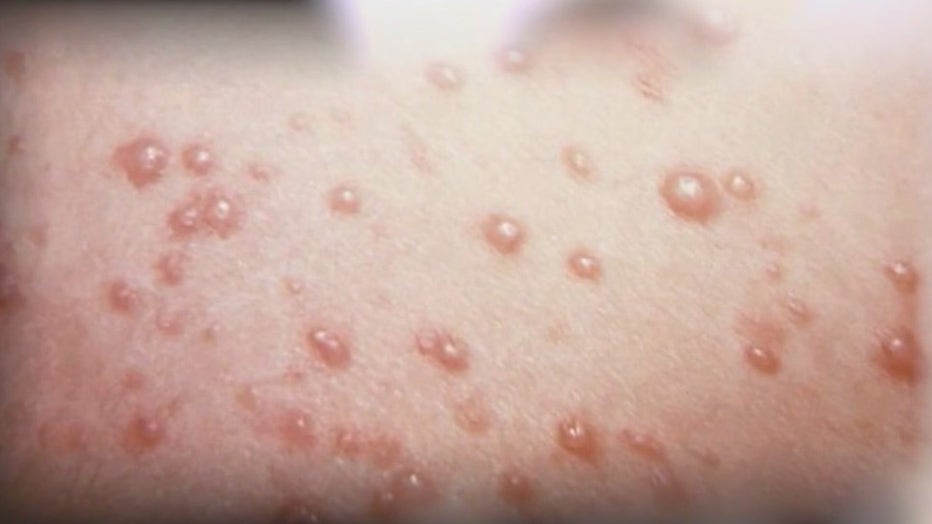If you've ever had chickenpox, you can get shingles. Here is who should get vaccinated against it.
ATLANTA - If you've every had chickenpox, Dr. Jayne Morgan, a cardiologist and executive director of health and community education at Piedmont Healthcare, says you need to know about shingles.
"So, shingles and chickenpox are actually the same thing; they come from the same family of viruses," Dr. Morgan says.
The CDC says about 1 million people in the United States will get shingles, also known as herpes zoster, each year.
Morgan says if you have had chickenpox, even if it was decades ago, you are vulnerable to getting shingles.
"This virus remains dormant in your body for a long time, presuming you had chickenpox as a child," Morgan says. "But, then, as aging increases, your immunity begins to decline. And this latent virus can reactivate. Certainly after the age of 50, 1 in 3 people will develop shingles over the age of 50. It's why we recommend that everyone over the age of 50 receive the Shingrix vaccine."
Because, Morgan says, shingles can cause a painful, blistering, itchy rash, can be a long ordeal.

"You have blisters that generally appear in your body, oftentimes around the waist or around the rib cage," she says. "They can last for long periods of time, 2 weeks to 8 weeks, sometimes longer. And, even after those blisters have disappeared, you can continue to have pain called postherpetic neuralgia for long periods of time, sometimes up to years in some unfortunate people."
The CDC recommends healthy adults 50 and older get the Shingrix vaccine, which is given in two doses usually two to six months apart.
The vaccine can cause arm pain, redness and swelling.
The agency says some people experience other side effects, such as fatigue, muscle pain, headache, fever and chills, that usually resolve in two to three days.
But, the CDC says, the vaccine is more than 90% effective at preventing shingles, and the protection generally lasts 7 years or longer.
Morgan encourages anyone who is 50 or older to get the shingle vaccine.
"If, in fact, you were to develop shingles, your symptoms would be very mild and very minimal," Morgan says. "But, Shingrix is there as a vaccine to prevent you from developing shingles.

